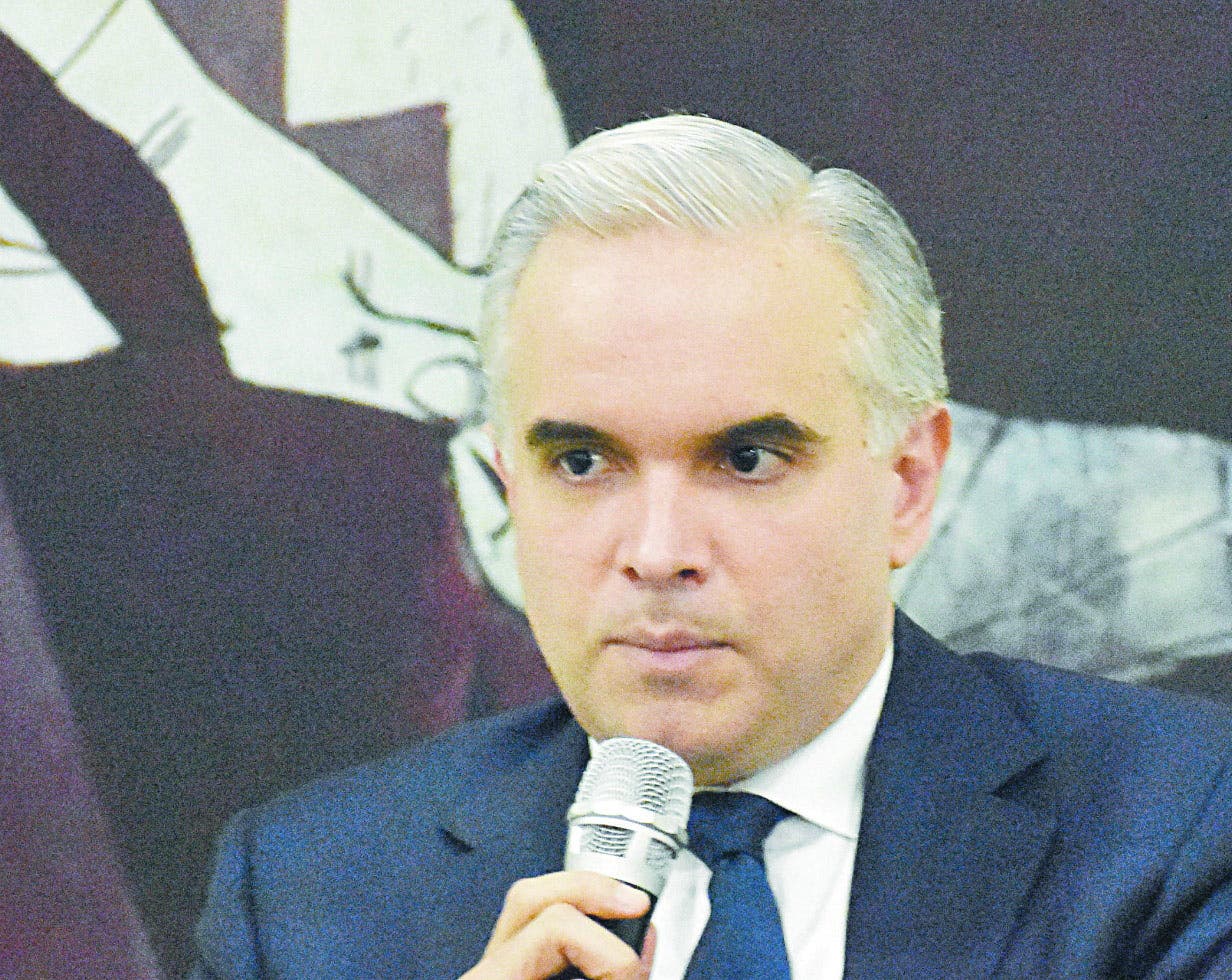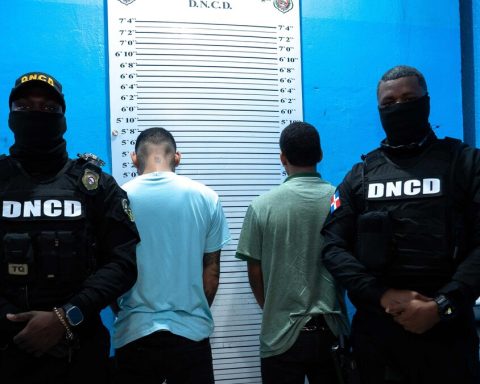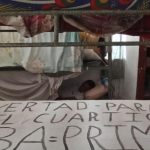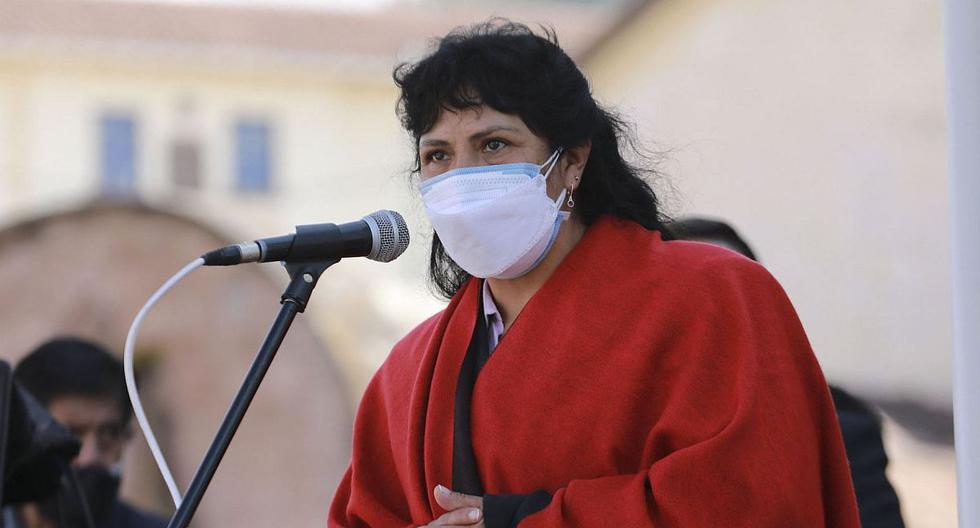Santo Domingo.-In the Dominican Republic, 10.3 million people are affiliated with the Social Security System, both in the contributory and subsidized regimes, which represents 98 percent of the population.
Of this figure, which is considered practically a full affiliation, 5.8 million corresponds to the subsidized regime and without contributions to pension funds.
Members of the National Social Security Council together with the director of EL DÍA, José Monegro.
Meanwhile, Luis Miguel De Camps, Minister of Labor and president of the National Social Security Council (CNSS), stated that this week, in which 21 years have been celebrated since the creation of Law 87-01, he finds them immersed in a process of participatory dialogue, for a reform of that law.
De Camps explained that the government, social, workers, employers and political parties are participating in the presentation of proposals and subsequent construction of a matrix that is of benefit to the people.
He indicated that the axes of interest in this conversation are to achieve health care for pensioners, identification of better mechanisms so that people receive better pensions; achieve the necessary consensus so that the primary care strategy can materialize and others.
Catalog modification
When participating in the Weekly Lunch of the Corripio Communications Group, the members of the CNSS expressed that the main problem they face is a catalog of services provided by the Family Health Insurance with a large number of obsolete procedures.
In this sense, Carolina Serrata, head of the Directorate of Information and Defense of Affiliates (DIDA), indicated that they have several requests for the revision and modification of that catalog, in which they seek that diseases be treated as such and not by procedures.
On his side, Jesús Feris Iglesias, superintendent of Health and Occupational Risks (Sisalril), clarified that this catalog that is in force in the country was made provisionally, without experience.
“Some pathologies and procedures have been added to this plan, but obviously everything has to be reviewed, and that is one of the challenges we have,” he stressed.
In addition, they seek to reduce members’ out-of-pocket expenses, which currently stand at 50.5 percent.
collections
Henry Sahdalá Dumit, treasurer of the Social Security (TSS), maintained that to date they have collected one trillion 232 thousand million pesos, which is the sum of the workers.
According to Sahdalá, this year’s collections are growing at a rate of 20 percent above last year and it is projected to finish with 160 billion this year.
According to Edward Guzmán, general manager of the CNSS, the Family Health Insurance tries to disperse 75 billion pesos a year, distributed among the pharmaceutical industry, doctors and health service providers.
complaints
On the other hand, Serrata said that in the last quarter they have provided 371,419 assistances and resolved 7,435 complaints.
He pointed out that in situations of improper charges to members, which has been mentioned on multiple occasions by the media, 136 cases have been resolved in that period.
As for the claims that are formalized, Sisalril explained that they will issue the sanctions as appropriate in each case, ranging from fines to cessation of services for three months.
Spine
Ramón Contreras Genao, Superintendent of Pensions, indicated that currently the system has accumulated more than 800 billion pesos, with an estimate of around 15 percent of the gross domestic product (GDP).
He said that these funds have become catalysts for investment in tourism and public oversight, becoming the backbone of the Dominican economy.
He pointed out that at this dialogue table issues are discussed to benefit two million people who already have pension expectations, so that they can have medical insurance at the end of their working lives.
The director of the Dominican Institute for Prevention and Protection of Occupational Risks, Fausto López Solís, explained that they work with prevention and protection at work, for which they have proposed to bring these services to all the provinces of the country, concentrating attention on three regions.
High Cost has invested 8,000 million pesos
Treatment. The Deputy Minister of Quality Assurance of the Ministry of Public Health, José Antonio Matos, announced that 15,000 patients receive medications through the High Cost Program.
He stated that this program is responsible for supplying the drugs when the member exhausts the coverage of one million pesos for these treatments.
In this order, he reported that so far this year, eight billion pesos have been invested in acquiring high-cost medicines for dialysis patients, transplants and other diseases.
The deputy minister emphasized that the State does not abandon those patients who need coverage.
















